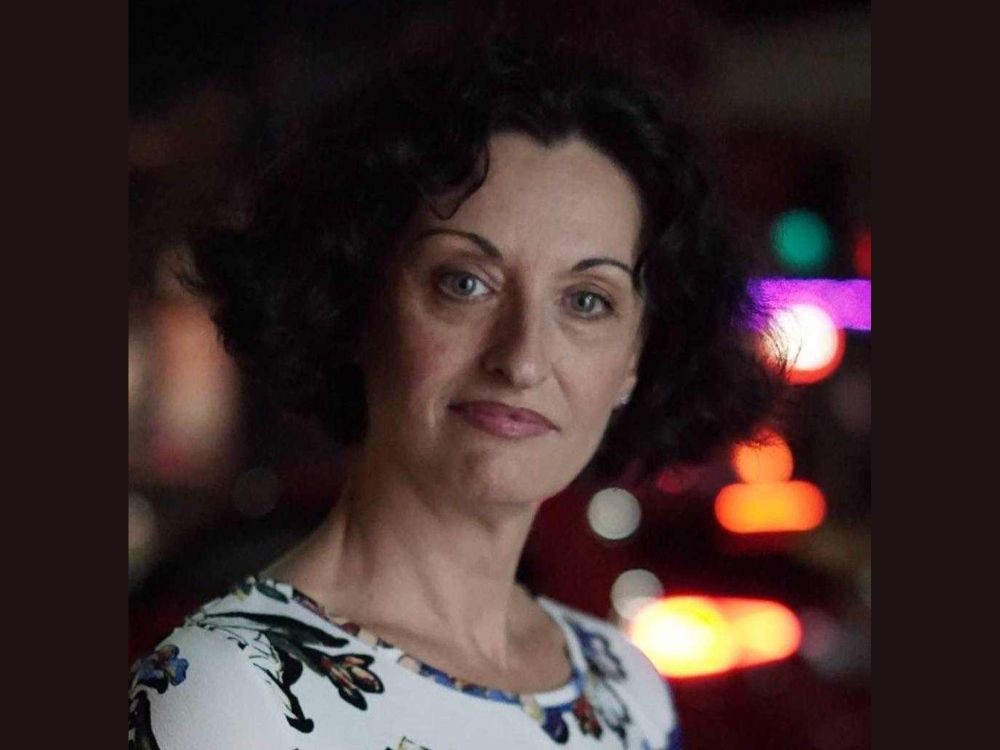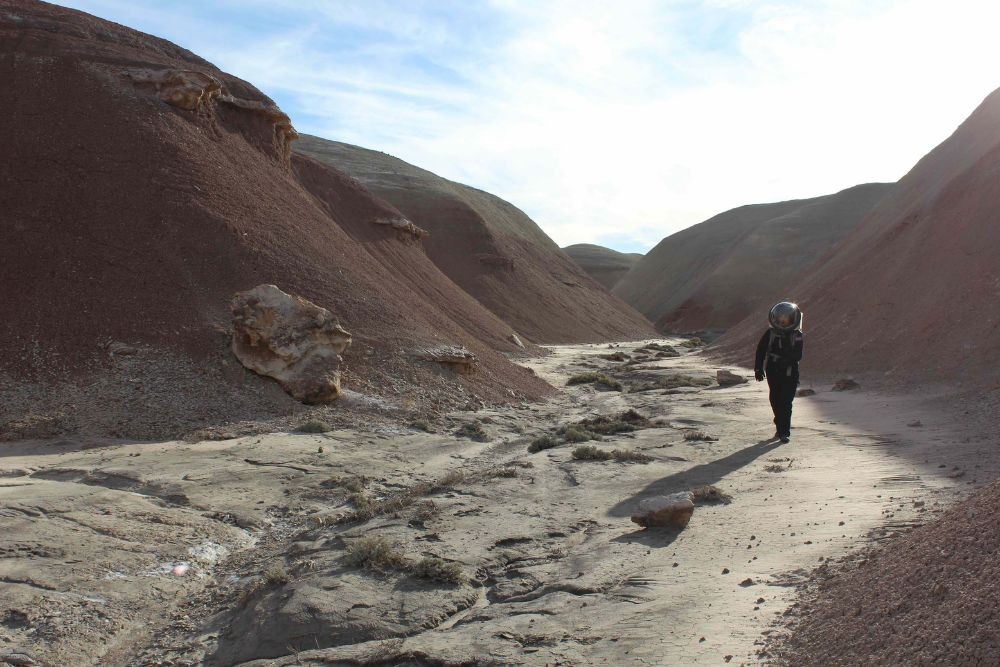There is hardly a boy who has not wished to become an astronaut. Some girls also have such aspirations. Among them is traveler Izabela Shopova, whose biggest childhood hero was Yuri Gagarin. She describes her travels in books, recounting life in Australia, New Zealand and Antarctica. The reason to talk to her is an intriguing experiment she has not yet described in a book. Izabela became part of a mission that recreates astronauts' lives in space as realistically as possible. While in the makeshift space station located in the desert in Utah (USA), she managed to prove that astronauts can make yogurt from lyophilized lactic acid bacteria. The technology of the famous Bulgarian food is not complicated, but requires controlled temperature - a challenge that our compatriot overcomes with unconventional ideas:

"My initial plan was to heat the milk to the right temperature using hot water, wrap it in a towel and put it in a microwave, because it is small, compact and I assumed it could serve as a controlled environment to maintain the temperature for several hours," explains Izabela Shopova. However, it turned out that the microwave was attached to the external wall of the building, and the entire building was made of fiberboard. The nights were very cold, because we were in the desert in November, and it couldn't maintain the milk's temperature long enough. That is why I put the milk under the bed near a heating pipe, and covered it with a cardboard box, which maintained the perfect temperature. In the morning, there was wonderful yogurt for breakfast."

Being chosen to take part in the "space" mission is a real celebration for Isabella, as she has been hoping to get such an opportunity for years. In 2015, she attempted to participate in a mission on Devon Island in Canada’s High Arctic. She made it to semifinals but was not among the lucky ones.

''There is a long list of requirements that one must be able to meet: to be able to grow plants in hydroponic conditions, to clean, cook and run a household, to communicate in such an environment. Thanks to my long life experience and diverse interests, I was able to meet the conditions and applied for such a mission without my own crew. It turned out that there are other people like me, and in early 2020, I received an email invitation to participate in an international crew, consisting only of women. However, there were travel restrictions due to Covid-19 and our mission failed.''

Her third attempt was not trouble-free either and involved last-minute illnesses of crew members and challenges related to various tests and COVID-19 vaccines. However, in November 2022, Izabela entered the base and her mission began.
" In addition to those involved in the mission, there is also a large group of volunteers. I was surprised how many people from around the world volunteered to support the mission over the Internet," Izabela said for Radio Bulgaria. We didn't have direct contact with them in order to simulate real conditions on Mars. The signal delay from there to Earth, let's say, averages about 20 minutes, so the communication protocol suggested there would be a signal delay of at least 20 minutes. Moreover, we only had internet access at certain times of the day, during which we could send our reports to the mission support committee and make proposals for the plan for the next day. They check it, send it back with comments and remarks related to safety or effectiveness issues, and the crews themselves prepare the program for their experiments."

Security cameras captured a bear in a residential neighborhood of the town of Karlovo a few days ago. The predator came down to the houses in the northern part of the town and walked calmly along the streets until it was startled by a passing car...
The Day of the Christian Family is an annual event that brings Bulgarians in Hamburg together. 2025 is no exception, with invitations having been circulating on social media for some time, as this year marks the 20th anniversary of the establishment of..
Kosovo is heading for early elections after nine months of failed attempts to form a government Kosovo President Vjosa Osmani has dissolved Parliament, Koha Ditore reports. This decision came after the proposed cabinet, put forward by Glauk..
Bulgarian artists will take part in the festive Christmas concert in Stockholm , organised with the European Commission's representation and embassies ,..
Despite being in Bulgaria’s poorest region, the North-West, Vratsa Province ranks among the top three in the country for economic development. According..
The project “The Charisma of Bulgarians” is, in essence, a bridge between different worlds . With it, Dimitrinka Yordanova Komanduci - psychologist,..

+359 2 9336 661
